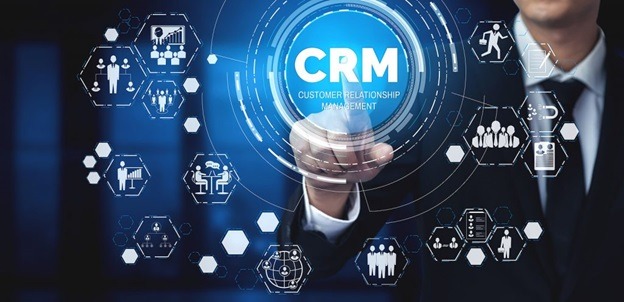Are you thinking about upgrading to better CRM software, or adopting your first set of CRM systems because you’ve been using a traditional, cobble-together toolchain in the past? You may be overlooking sales CRM, because you would think that the only important CRM is the more long-term CRM for support and customer journey tracking. How much CRM could you actually need to make a sale?
That’s an understandable way of thinking, if you talk to your sales reps, they’ll tell you just how intricate and challenging sales can actually be, and just how much crucial data can track its origin point to the initial sale and conversion from lead to customer. All of the data that a customer can produce, from patterns of complaints, financial behaviors, context whenever customers are loss, demographics and so much more can give you valuable insight to model your business practices and make forecasts to better adapt.
The thing is, when you’re shopping for sale CRM, your sales reps will tell you what they needed to track most likely, but you still have a lot of questions to ask yourself regarding various things when it comes to technology like this.
The first thing to consider is whether or not you actually want CRM platforms, and if you decide to go with that, you need to make sure that they are all interoperable with each other word counts, thus allowing you to do that data modeling and prediction based on the data coming out of each CRM solution you have. This is actually on its way out, with more general CRM systems, albeit ones that do specialize in one or two aspects more than others, being the way to go for most moving forward. This is definitely the case for a small or medium business, though enterprise solutions do still tend to be either individual versions of the same software with specialism, or interoperable modules.
When it comes to deployment method, most people would agree that software as a service is probably the best for literally everyone. Ten years ago, this concept was iffy at best, but now, with Internet being stable, the cloud being truly reliable and productized, and browsers being capable of actually useful functionality, it is indeed the future.
So, let’s talk about some of the strengths of the software is a solution approach to sales CRM. When you get new equipment, you don’t have to reinstall it. When they have useful updates, you don’t have to install the updates, they simply are implemented when the page is refreshed. If you want to use multiple different devices with very different architectures, they will write it fine provided they have a browser and an Internet connection.
There are a couple downsides, the chief among them being that if an update is implemented, you can’t roll back to a previous version that you liked better. They also have ongoing fees, if you add these fees together, they are much cheaper than purchasing a traditional installation for a single machine, let alone multiple devices many times over the course of several years.
Talk to your sales reps, determine what type of interfaces they are most comfortable with, and what devices they like to use best. And, when you have found potential software that meets your criteria, make sure you get a demo making any commitments!

